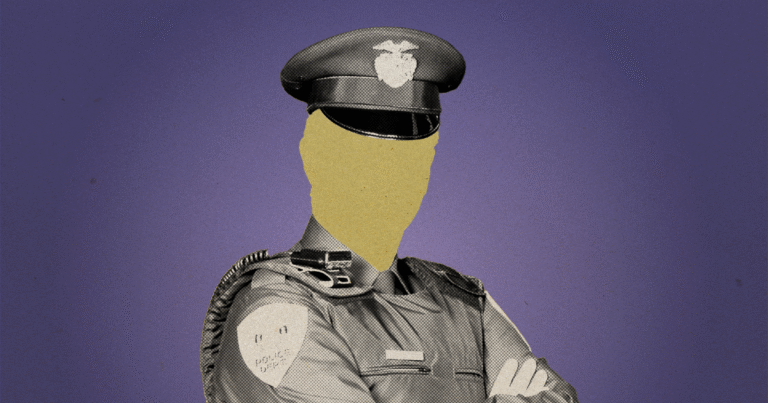San Francisco’s Police Chief Transition: Challenges Ahead
Bill Scott’s recent announcement regarding his departure as the chief of the San Francisco Police Department (SFPD) coincides with a critical juncture in the city’s approach to public safety. His tenure was characterized by navigating challenges such as the global pandemic, reform initiatives, and ongoing discussions concerning policing’s role in society. Under his leadership, notable reforms were implemented, and homicide rates saw a decline, while maintaining a professional and steady demeanor.
A Pivotal Appointment for Mayor Lurie
With Scott stepping down, Mayor Daniel Lurie is tasked with making one of his most significant appointments yet. Various stakeholders, including labor unions, community organizations, and reform advocates, will exert influence, each presenting contrasting priorities for potential candidates.
Lurie’s challenge lies in accommodating these diverse demands while selecting a capable leader who resonates with his vision. The focus extends beyond merely reducing crime statistics; it encompasses restoring a collective sense of security that has been lost in recent years.
The Case for an Internal Candidate
Considering an external candidate for the police chief role can be tempting, as it symbolizes change and can alleviate internal tensions. However, such an approach might inadvertently overlook valuable institutional knowledge. Outsiders may lack familiarity with the internal dynamics of the SFPD, which can be crucial for effective leadership.
An internal candidate could offer immediate understanding of departmental operations and relationships, allowing for quicker action in a department grappling with a nearly 25% staffing shortage. Hence, selecting someone already familiar with the intricacies of the department might provide the necessary foundation for swift improvements.
The High Stakes of Public Safety
The gravity of this decision cannot be overstated. Despite the various elements influencing crime rates—such as economic challenges and societal fragmentation—public safety remains a mayor’s foremost duty. The expectation from constituents is clear: to provide a safe environment is paramount.
Reflecting on past experiences, during the tenure of former Mayor Gavin Newsom in the late 2000s, the profound impact of this responsibility was evident. As violence escalated, the emotional weight of affected families became a persistent reminder of the urgent need for effective leadership in law enforcement.
Current Staffing Challenges
During the peak of Newsom’s administration, the SFPD boasted around 2,372 sworn officers; today, that number has dwindled to approximately 1,460—over 600 officers short of the city’s needs. Factors contributing to this shortfall include frequent retirements, a competitive job market, public skepticism toward policing, and a stringent recruitment process that eliminates seven out of ten applicants.
Despite these hurdles, progress is conceivable. A confident, respected police chief can inspire current officers and facilitate a smoother recruitment process, directly increasing the number of trainees in the academy.
Mayor Lurie’s Initiatives and Direction
Mayor Lurie has already initiated steps towards addressing these challenges. His campaign promises included the recruitment of 425 officers within three years and enhancing the resources available to the SFPD. Since taking office, he has established a safety task force specifically for hospitality zones and pursued measures such as emergency hiring authorities and extended overtime budgets, despite financial limitations.
The Ideal Candidate Profile
Lurie’s pragmatic approach aims to balance the urgency of restoring community safety with a modern view of policing that is humane and consistent with constitutional principles. The new chief must share these values while possessing the leadership acumen to earn the trust of both the department and the public.
Successful police chiefs in recent memory, such as Bill Bratton, Cathy Lanier, and Eddie Garcia, exemplified alignment with their mayors’ goals, fostering reforms and enhancing community trust. They succeeded not only through their own efforts but also due to the backing of mayors who provided political and budgetary support.
Conclusion: A Decision with Lasting Implications
The choice of the next police chief is pivotal, with the potential to influence Lurie’s legacy as mayor. The selected leader will play a crucial role not just in operationalizing policies but in fulfilling the central promise made to voters: to create safer streets for all San Franciscans.
Nathan Ballard is an attorney and political strategist who served as Communications Director for Gavin Newsom during his mayoral term, and has advised public safety unions, including the San Francisco Police Officers Association.



